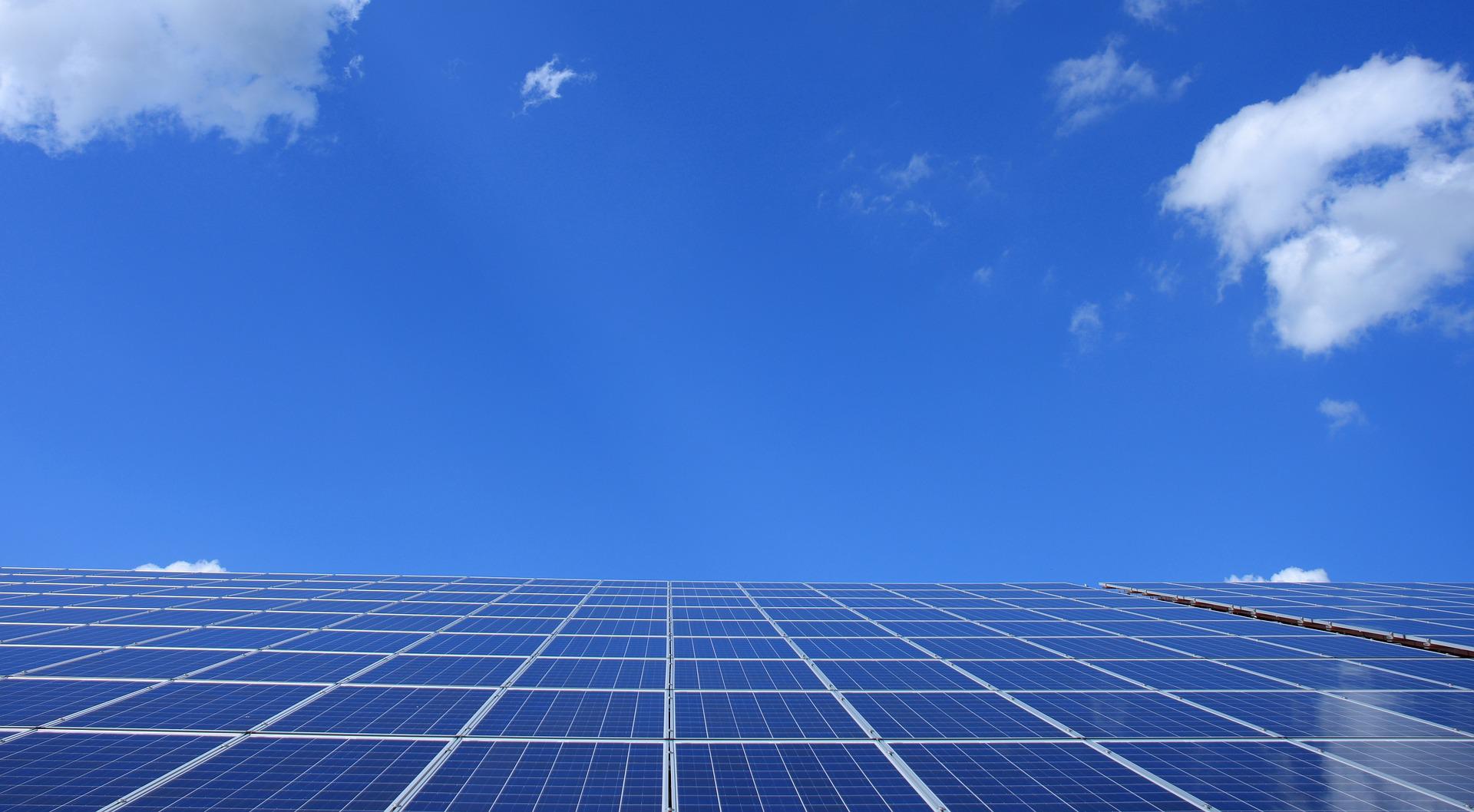
Solar Panels Piling Up at US Border on Xinjiang Forced Labor Law
-
Roth Capital says 3 gigawatts of modules have been held
-
Disruption in trade may slow renewables expansion in America
Solar equipment is piling up at the US border in an indication the passage of a law targeting forced labor in China’s Xinjiang region is having a major impact on trade flows.
Modules with capacity of more than three gigawatts have been held by US customs since June, Roth Capital analysts including Philip Shen said in a note that cited an industry contact. That’s the same month that the US Uyghur Forced Labor Prevention Act went into effect.
Nine to 12 gigawatts of modules could be detained by year-end, and many top Chinese manufactures have stopped exporting to the US, according to Roth Capital.
See also: US Crackdown on Chinese Solar Means Sales Recovery Ruled Out
That’s likely to make it tougher for Washington to drive an expansion of renewable power capacity following the passage of a historic climate bill last week. The US is the second-largest solar market, but is heavily reliant on imports. China, by far the largest market, dominates the global supply chain, with Xinjiang a key region.
Beijing has repeatedly denied allegations of forced labor in the area that’s home to the largely Muslim Uyghur minority.
Even before the act went into effect, Washington’s actions had been making it tougher to import Chinese solar equipment. Less than half of the planned solar power capacity additions in the US were installed in the first six months of 2022 due to delays caused by reasons including supply-chain constraints, the Energy Information Administration said in a report last week.
— With assistance by John Liu, and Luz Ding
